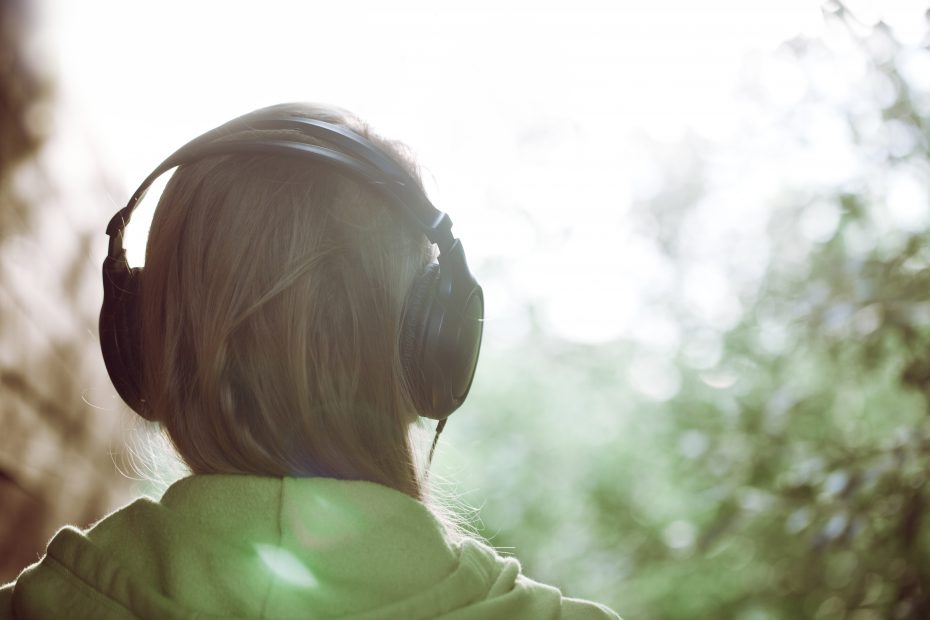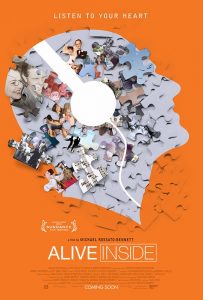
Is making music a spiritual practice?
As a child, I remember wanting — pleading! — to be able to learn to make music by way of piano lessons. I would go to sleep listening to my mom play. I turned pages for her as she accompanied the church choir. I loved to listen to her play duets with her grandmother. I knew I wanted to play and waited until I was 7 years old for my lessons to begin. Little did I know that this opportunity to learn music was the foundation of a lifelong spiritual practice that would provide healthy benefits for body, mind and spirit.
I continued piano lessons through college. My advanced study of the instrument continued because I like to practice; no one bothered me when I practiced. Today, I like the challenge of learning a new piece. I like the sense of accomplishment that comes when I memorize music. I have the same sense of accomplishment when I know the music well enough that it becomes part of my spirit. As a child, I wouldn't have named making music as a spiritual practice. But I have known for many decades that music helps to ground me. It allows me to participate in the unique connections between thinking and feeling, doing and being, creating and receiving.
Making Music: Your Brain on Music
Today, we know there is no single center for music in the brain. There is a location in the brain that processes speech. Another for hearing. And another for sight. We understand one side of the brain takes care of math and logic and the other is more creative. There are specific areas of the brain that control muscle movements and other areas we use to control breathing. This enables a wind instrumentalist to control the air to produce sound through their instrument. But with music, which involves the reading of notes and words, the movement of muscles to manipulate the instrument or the vocal chords, breathing and posture, in addition to interpreting the emotional energy of every different piece of music, the whole brain is involved! The Library of Congress offers a variety of podcasts on Music and the Brain.
Music as Connector with Our Life Stories

One benefit of making music, or simply listening to it, as we age is that those songs we learned earlier in our lives can unlock memories and free the neurological pathways that we set in place decades ago. The soundtrack from our lives can access those memories better than anything else. When I return years later to play a piece that I had learned earlier in life, it feels as if I am spending time with an old friend.
Those pathways linking music with our memories can later help in a variety of ways. In the documentary Alive Inside chronicling the beginning of the organization Music & Memory, experts share the benefits of personalized playlists for those living with dementia. All United Church Homes communities are certified in the program. Like the people in the film, we have witnessed individuals, who otherwise have difficulty communicating, waking up if but for a short time. Music has been shown to reduce pain levels, calm agitation and increase physical activity as individuals move, dance and play their air guitars to the songs that connect to their life stories!
Personal Playlists
I am not ashamed to say that Wild Cherry's “Play that Funky Music” is on my personal playlist. Wild Cherry launched into momentary stardom in 1976 with this one hit. The band director at my high school grew up with the group’s members in Steubenville, Ohio, and was given permission to arrange it for our marching band. We were the first to bring the funky beat to a halftime show. When I hear that song, 41 years later, I immediately return to the marching band field. The song says, “Play that funky music ... Lay down the boogie and play that funky music till you die.” Who knew that Wildcherry was giving such important aging advice! Music is a lifetime tool for our mental, physical and spiritual well-being.
The reality is that whether you continue to play, previously played, sing in the shower or sang in choir, you already know how to engage with music! Even if you listen to the radio, you likely have experienced a few sacred moments along the way. All can reap the physical, emotional and spiritual benefits of allowing the melody and rhythms, the interplay of the notes and the silences, the harmony and the words, to trigger your whole brain.
One study suggests that individuals who are musically active can slow down some of the usual aging challenges like decreased processing speed, cognitive flexibility and auditory and non-verbal memory. Making music can encompass your whole being. It can infuse the cells of your body to sway with the beat and take your imagination to the heights and depths of emotions so your spirit can find that sacred space beyond our intellectual understanding.
Researchers at John Hopkins Medical Center suggest several interesting ways to engage music as a way to improving your brain health. I would add that these suggestions also contribute to your experience of music as spiritual practice:
- Listen to new-to-you music. Learning to listen to the music of younger generations forces the brain to understand the new sound. You don't have to listen forever, but new experiences help to fuel our creativity.
- Listen to music from the soundtrack of your life. Whether you lay down the boogie or just sway with a crooner, or whether you listen in stillness and allow your imagination to return you to another time, may you exercise your mind, body and spirit as the music allows you to connect with your life story.
- "Listen" to your physical response. Pay attention to how your body reacts to different types of music. Some will provide cheer on a dreary day. Other music can calm an anxious heart.
Whatever your musical tastes, may you consider how making music can contribute to your repertoire of spiritual practice for the coming year.
There are a wide variety of spiritual practices one can explore. Please join with us as we celebrate an abundance of spiritual practices on our journey through this season from Epiphany through Lent.
Questions for Reflection:
- What role does music play in your aging process?
- Do you have opportunity to listen to live performances?
- Do you participate in musical activities with others (singing in church or with a choir)?
- Do you play an instrument?
- Is this the year to learn a new instrument?
- How do you experience the sacred through music?
- What selections are on your personal playlist?
There are a wide variety of spiritual practices one can explore. Please join with us as we celebrate an abundance of spiritual practices on our journey through this season from Epiphany through Lent.

